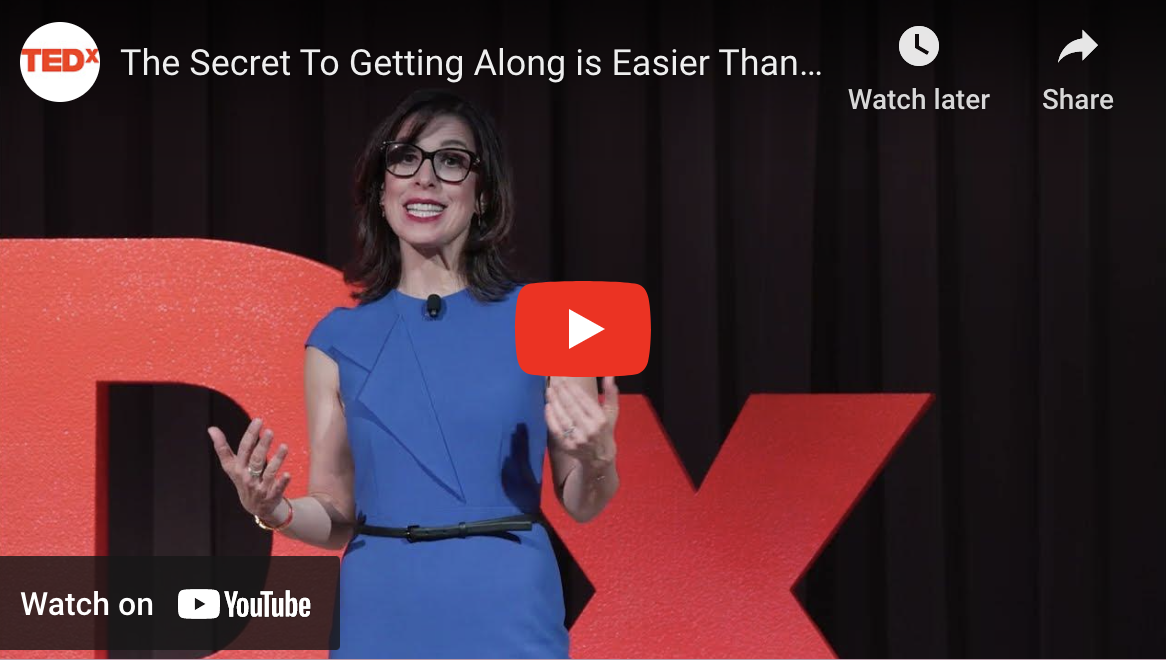Reshaping Family Ties: Exploring Divorce’s Impact on Extended Family Dynamics

Divorce, prevalent in contemporary society, marks not only a significant transition for the involved couple but also echoes within the entire family structure. This dissolution of marriage reverberates far beyond the immediate nuclear family. The effects are often overlooked within extended family dynamics, which can experience a spectrum of changes.
Extended family members, including grandparents, aunts, uncles, and cousins, contribute to a multifaceted family structure. These members, forming our primary social circle, offer love, guidance, and support, significantly impacting our upbringing and shaping our identities and values. When marriages shatter and divorce happens, the extended family can also suffer. At the same time, they can also help you recover after divorce. Ultimately, they will be affected in one way or another.
The Immediate Impact of Divorce on Extended Family
The announcement of a divorce can send shock waves through the extended family system. This unsettling news often triggers a gamut of emotions, from confusion and grief to guilt. Extended family members may face the challenging task of choosing sides or navigating the emotional turbulence that ensues. Simultaneously, a sense of helplessness might prevail as they grapple with the new reality.
A crucial concern that surfaces during this period is mental health The emotional upheaval induced by divorce can have profound implications not just for the couple but for the extended family as well. The turmoil can trigger feelings of anxiety, stress, and depression, highlighting the need for mental health resources and support during this challenging time.
Long-Term Effects on Extended Family Relationships
While the immediate impact of divorce can be a tumultuous whirlwind of emotions and adjustments, the long-term effects slowly unfold over time, becoming ingrained in the new family dynamics. These enduring impacts often remain unnoticed but have a lasting influence on the family structure and relationships, forming a new reality that the extended family learns to navigate.
As time goes on, patterns emerge, relationships evolve, and traditions adapt, reflecting the extended family’s resilience and capacity for growth and change.
Shifting Relationships
One of the most noticeable transformations is in the relationships between family members. Relationships with in-laws may become estranged, complicated by loyalty conflicts and changing affiliations. The ties that once bound them together might loosen, leading to a sense of loss and alienation.
In contrast, other relationships may grow stronger. Bonds between family members such as grandparents, aunts, uncles, and cousins might deepen as they rally around each other, providing mutual support and understanding. The shared experience can create a sense of solidarity, fostering more profound connections that can be a source of comfort and stability.
Altering Traditions
Family traditions, cornerstones of familial identity and unity, may also undergo significant changes in the aftermath of a divorce. Activities like holiday celebrations, family gatherings, or even simple rituals may need to be altered to accommodate the new family structure. While such changes can induce a sense of loss and nostalgia, they also open the door to creating new traditions.
These new traditions are not just about adaptation; they also offer opportunities for healing and connection. They can serve as a bridge, linking the past and the present, while also shaping the future of the family unit. The process of creating these new traditions can foster collaboration and mutual understanding, which can contribute significantly to the healing and adjustment process in a post-divorce family environment.
Navigating New Boundaries and Expectations
As the dust settles post-divorce, extended families are often left navigating a new landscape marked by redefined relationships and modified traditions. This new terrain can seem daunting and unfamiliar, filled with uncertainties and potential pitfalls. However, it is also a space for growth and adaptation, offering opportunities to rebuild and fortify familial ties. As we find our bearings in this uncharted territory, a few key strategies can guide our journey.
Clear, honest communication is paramount. It’s the compass that can navigate us through the complexities of altered relationships and evolving family dynamics. Open dialogues can help address the myriad of emotions that family members might be experiencing, clearing up misconceptions and preventing misunderstandings. It paves the way for empathy, enabling family members to understand each other’s perspectives and feelings.
Flexibility and understanding are equally critical, serving as the anchors that can hold us steady amidst the changing tides. Recognizing that everyone is processing and adapting to this new reality at their own pace, patience and flexibility can foster an environment conducive to healing and acceptance. It’s about accommodating the changes, adjusting expectations, and providing the necessary space for individual and collective growth.
The Role of Extended Families in Healing and Moving Forward
In the aftermath of a divorce, the extended family can play a pivotal role in fostering healing and resilience. Their support, understanding, and adaptability can serve as a comforting blanket, enabling the family to navigate the transition and move toward a redefined future.
Providing Emotional Support
Despite the upheaval that divorce can cause, extended families also play a critical role in the healing process. Grandparents, for instance, can provide continuity for children, while aunts, uncles, and cousins can offer alternative perspectives and outlets for expression. According to studies, divorced individuals form closer bonds with their own family rather than their spouse’s. This is where they gain the emotional support they need during a challenging time.
Fostering Resilience
The extended family can serve as a refuge during these difficult times, providing much-needed normalcy and unconditional love. They can be influential in rebuilding self-esteem. By supporting each other, extended family members can foster resilience and growth, reminding everyone that though transformed, the family unit can endure and adapt. In turn, it can help you bounce better.
Facilitating Communication and Understanding
In the post-divorce adjustment period, extended family members can play an essential role in facilitating communication among all involved parties. They can serve as intermediaries, encouraging open dialogue and helping address any misunderstandings. Their unique position within the family structure allows them to offer a balanced perspective, promoting understanding and harmony within the new family dynamics.

Conclusion
Divorce is a complex process with wide-reaching impacts, but with the right support and resources, families can navigate this challenging time. Remember, your journey might be unique, but you are not alone. By opening up the conversation about divorce’s impact on the extended family, we can ensure that no family member is overlooked or unsupported.

About The Author
Megan Allen is a versatile content specialist who excels in creating engaging and informative content on a wide range of topics. With a knack for distilling complex information into easily digestible pieces, Megan’s writing captivates readers and provides valuable insights that leave a lasting impact.



About The Author
Megan Allen is a versatile content specialist who excels in creating engaging and informative content on a wide range of topics. With a knack for distilling complex information into easily digestible pieces, Megan’s writing captivates readers and provides valuable insights that leave a lasting impact.


FOLLOW GABRIELLE


DISCLAIMER: The commentary, advice, and opinions from Gabrielle Hartley are for informational purposes only and not for the purpose of providing legal advice or mental health services. You should contact an attorney and/or mental health professional in your state to obtain advice with respect to any particular issue or problem.
- One Edgewater Plaza Suite 304, Staten Island, NY 10305
- 266 Smith Street, Brooklyn, NY 11231
Northampton MA
PHONE:
New York: (917) 905-4553
Boston: (413) 450-0420








